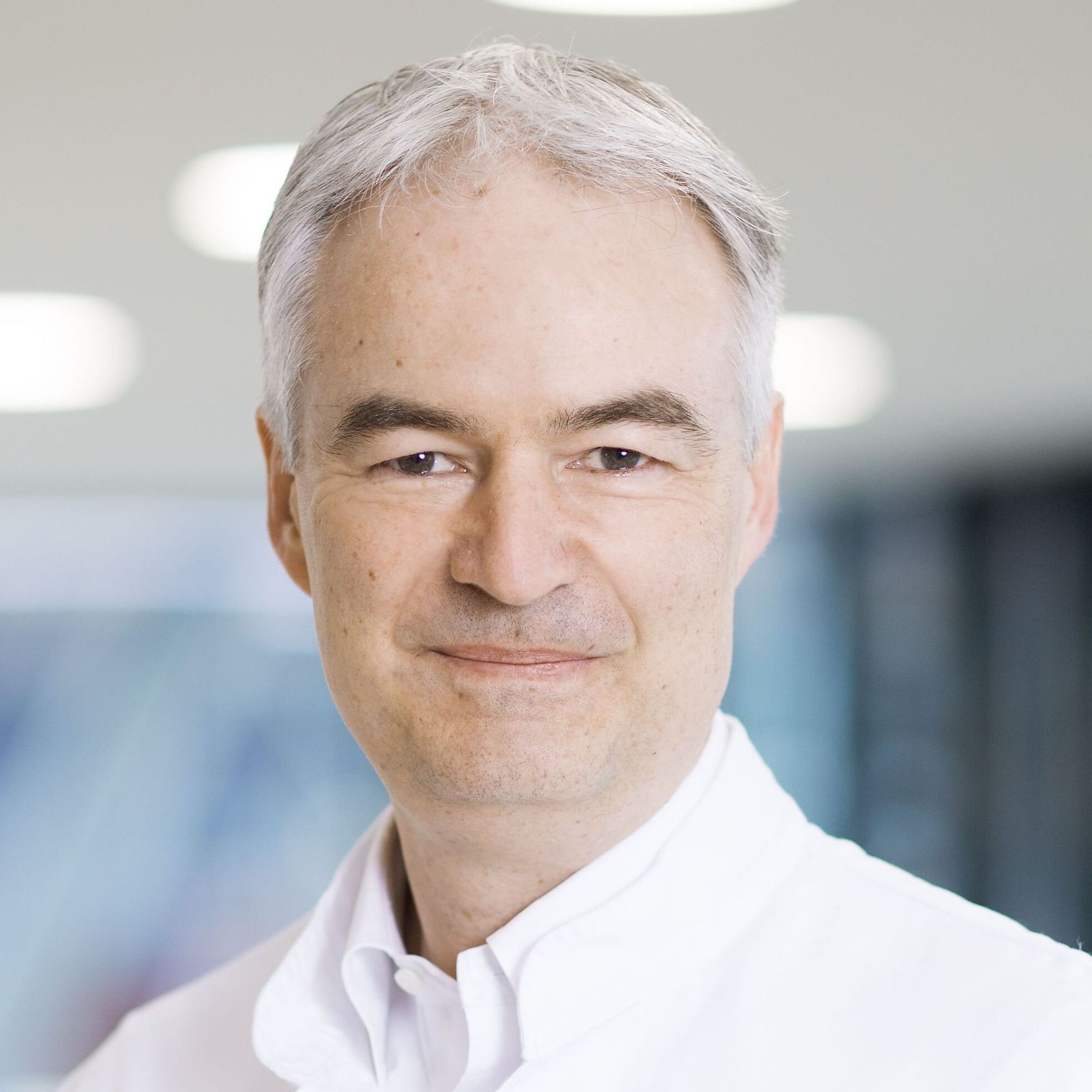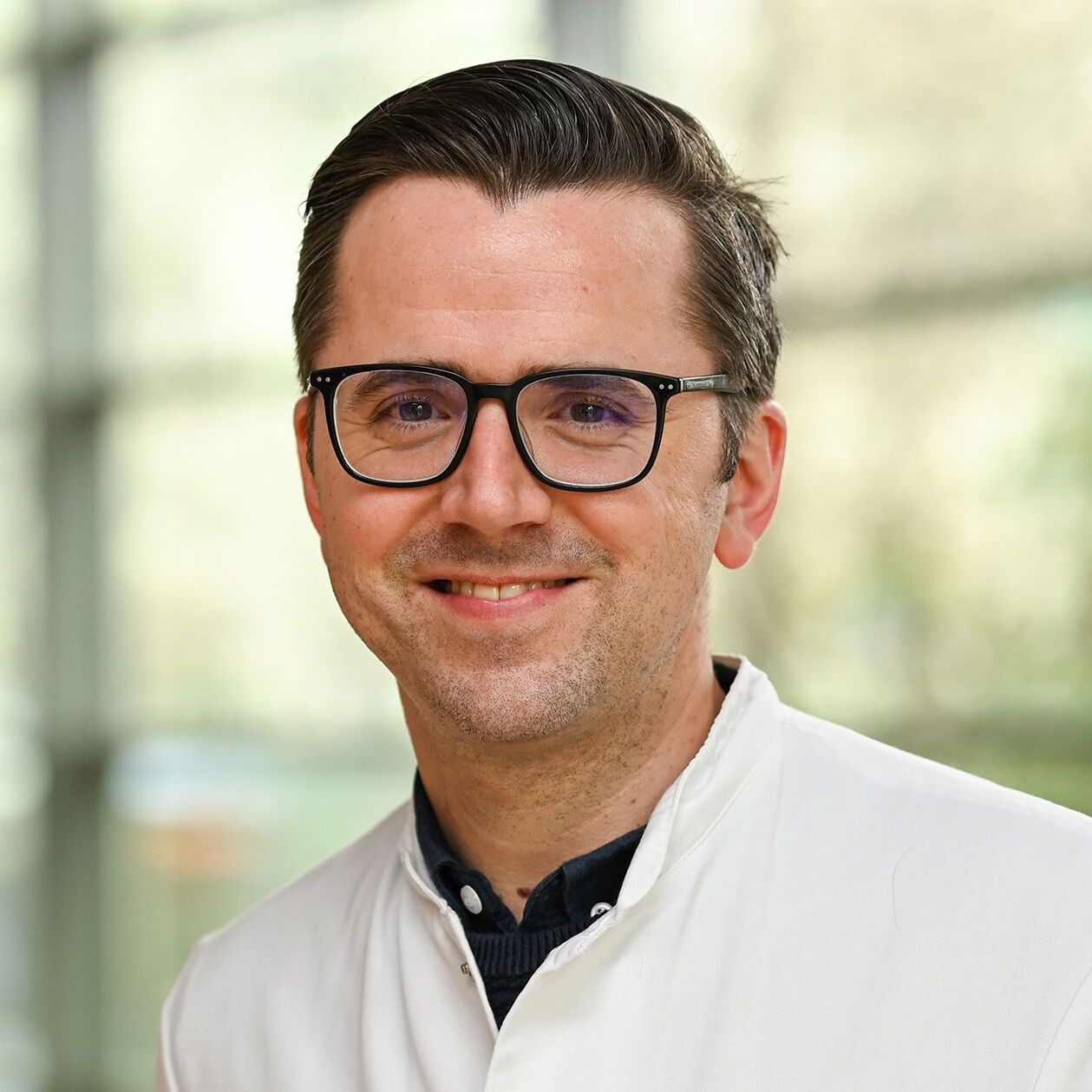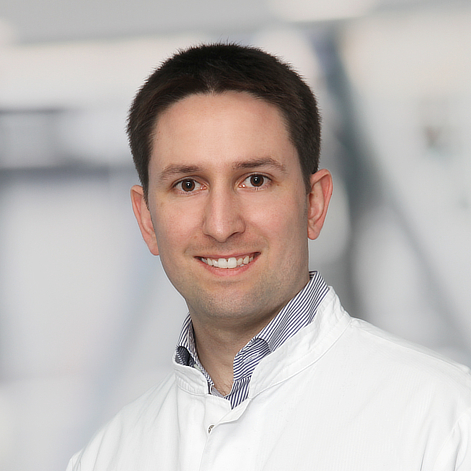Metabolites, derived from microbes or the host, encompass a diverse range of small molecules that play vital roles in regulating fundamental processes in healthy and malignant cells. Given the vast number of metabolites involved, the utilization of cutting-edge technologies available at The M3 Research Center is pivotal for studying and unraveling the functions of these highly relevant molecules under steady-state conditions and in the context of cancer. In addition, our research aims to identify substances which dampen or enhance therapy response representing a new stepping stone for cancer therapies.
Malignome and Metabolome
PIs & Research groups

Head of the research group
Publikationen: Publikationen
AG Gastrointestinal Oncology and Personalized Medicine
Head of the research group
Publikationen: Google Scholar
AG Lifestyle Interventions in Metabolic Diseases and Cancer
PD Dr. med. Dr. rer. nat. Daniel Hartmann, M.Sc.
Head of the research group
Publikationen: Publications
AG Translational hepatometabolic approaches

Head of the research group
Publikationen: Publikationsliste
AG Mechanisms involved in cancer development
Head of the research group
Publikationen: Pubklikationen
AG Post-transcriptional control in metastasis
PD Dr. Dr. med. Susanne Roth, M.Sc.
Head of the Research group
Publikationen: Publikationen
Ag Precision Surgical Oncology
Head of the research group
Publikationen: PubMed
Publikationen: Google Scholar
AG Tumor immune microenvironment
Prof. Dr. rer. nat. Lisa Sevenich
Head of the Research group
Publikationen: Publikationen
AG Experimental Neuroonco-Immunology
Dr. Verena Wagner
Head of the research group
Einrichtung: AG Novel treatment options for liver cancer

